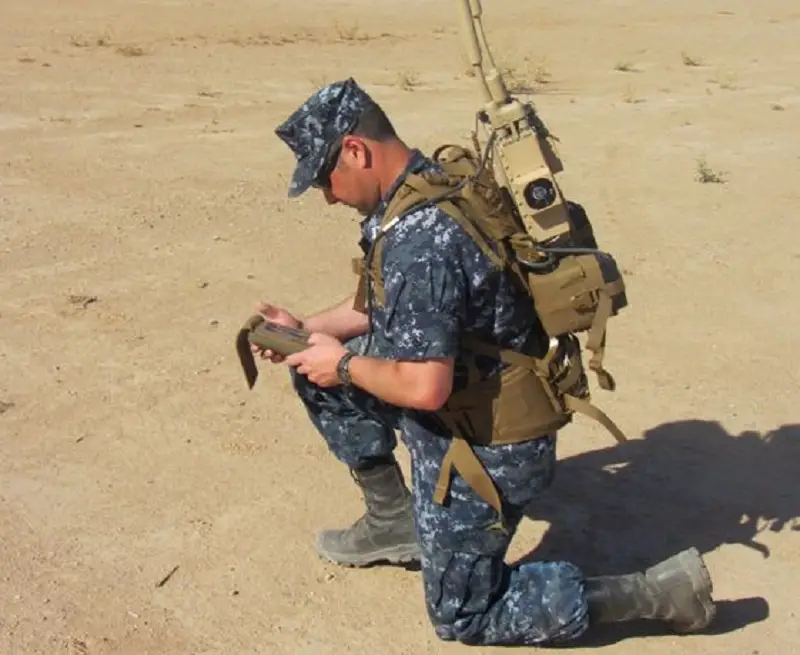Northrop Grumman Systems Corp., San Diego, California, is awarded a $21,019,189 firm-fixed-price modification to a previously awarded contract to exercise options for operational level spare and incorporate engineering change proposals into Joint Counter Radio-Controlled Improvised Explosive Device Electronic Warfare (JCREW) Increment One Block One Systems. Work will be performed in San Diego, California, and is expected to be complete by March 2024. Foreign Military Sales (Australia) funding for $241,950 (44%); fiscal 2022 operations and maintenance (Air Force) funding for $203,182 (37%); and fiscal 2022 other procurement (Navy) for $105,458 (19%). The U.S. Naval Sea Systems Command, Washington, D.C., is the contracting activity.
JCREW systems are software-programmable jammers that protect device-triggered improvised explosive devices (IEDs). Northrop Grumman developed dismounted, mounted, and fixed-site variants to protect warfighters on foot, vehicles, and permanent structures. The Increment One Build One system uses an open architecture integrated design to maximize commonality across the variants, reducing life-cycle costs and providing increased protection against worldwide threats. JCREW systems are also in use today protecting unmanned airborne systems (UAS) in support of the growing counter-UAS mission. This demonstrated multi-mission capability highlights the programmability and versatility of these advanced electronic warfare systems.
Northrop Grumman received a NAVSEA contract in 2013 to complete its JCREW development and, in 2015, a contract for low-rate initial production. The JCREW team has faced challenges that can arise when a new system is developed and produced from the ground up. However, the team has been buoyed by the feedback from the theater, recent deliveries, and successful completion of all qualification testing for both dismounted and mounted systems. As the JCREW team focuses on ramping up production while keeping quality a top priority, the future looks bright for a product that is saving lives on the battlefield. The adaptability of the product has allowed for new, innovative uses, including countering unmanned aircraft systems. Several foreign military forces also are interested in purchasing JCREW systems.
The U.S. State Department has made a determination approving a possible Foreign Military Sale to Australia of up to eight hundred fifty (850) Joint Counter Radio-Controlled Improvised Explosive Device Electronic Warfare Increment 1 Block 1 (JCREW I1B1) Systems and related equipment for an estimated cost of $245 million. The Government of Australia has requested to buy up to eight hundred fifty (850) Joint Counter Radio-Controlled Improvised Explosive Device Electronic Warfare Increment 1 Block 1 (JCREW I1B1) Systems (533 vehicle mounted and 317 dismounted); spare and repair parts. The proposed sale will provide Australia increased force protection from Radio-Controlled Improvised Explosive Device threats for its defense forces and vehicles. Australia is interested in procuring the dismounted and mounted variants that have a modular, open architecture and are upgradeable in order to maintain capability against evolving global threats.
















